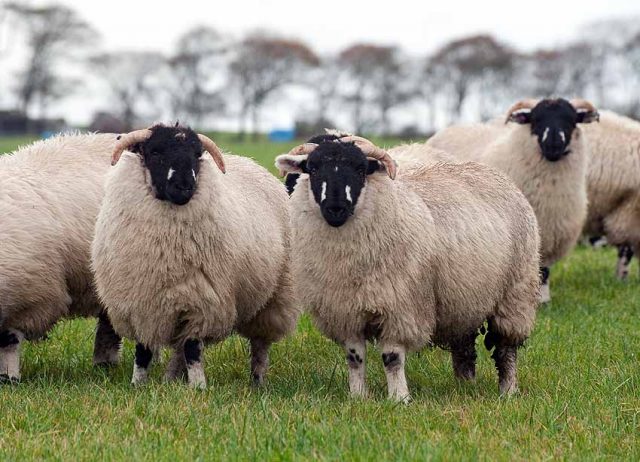Type the name of the breed you're looking for below
[wpdreams_ajaxsearchlite] Don't see the breed your're looking for? Click here and let us know!
Lonk sheep
| Place of Origin | England |
| Origin | The Lonk is a domestic sheep of a specific breed, found in the hills of the central and south Pennines, in the north of England. The name "Lonk" derives from the Lancashire word "lanky", meaning long and thin, usually in a person. Their range extends into only two counties; Lancashire and Derbyshire. Also known as the Improved Haslingden, the Lonk is of the Blackfaced Mountain type, and is similar to the Derbyshire Gritstone, apart from the absence of horns in that breed. |
| Purpose | Meat, Fiber |
| Characteristics | Lonks have black-and-white faces and their long legs are well suited to the Pennine environment of rocky hills and peat bogs. They are extremely hardy. The Lonk is raised for carpet wool and for meat. The Lonk Sheep Breeders' Association is based in Burnley, Lancashire. There were fears during the 2001 epidemic of foot-and-mouth disease in Great Britain that the Lonk breed would become extinct but this did not happen and the breed still survives. |



